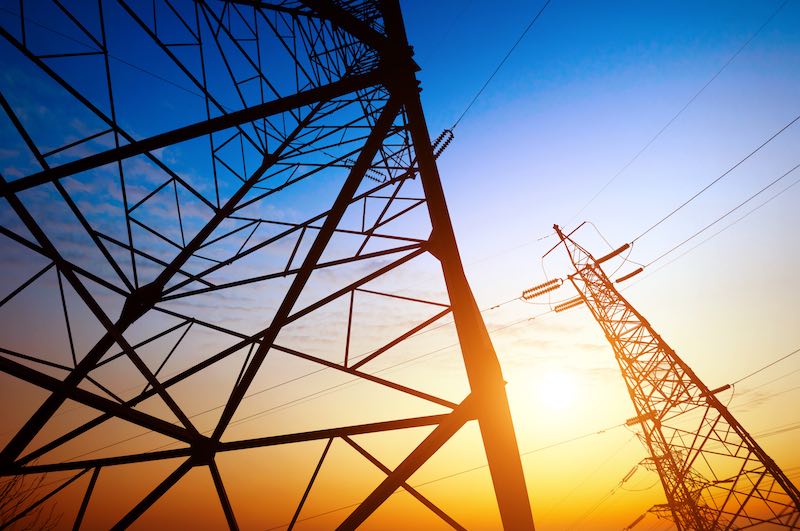UK Power System Hits Carbon Emissions Low

Dampened demand and high renewable generation over the bank holiday weekend made the UK’s electricity grid the cleanest it had ever been, energy firm Drax has revealed.
Drax’s electricity tracker revealed that emissions from the power system averaged 61 grams of carbon dioxide per kilowatt-hour on Saturday, beating the previous low of 76g CO2/kWh recorded on Saturday 17 August 2019.
Early Sunday afternoon another milestone was reached when the grid achieved its lowest carbon intensity ever—18g CO2/kWh for more than an hour. At the time, 65% of the UK’s electricity was being generated by renewables, including 41% from wind and 20% from solar. The previous all-time low emissions intensity was also recorded in August 2019.
The new clean energy records were achieved even though 80 wind farms were paid by National Grid to switch off their turbines over the weekend after power supply outstripped demand.
Dr Iain Staffell, lecturer in sustainable energy at Imperial College London and leader of Drax’s Electric Insights report series, said the achievements demonstrated the reliability of renewable power. "Britain's power system breaking all records today—this is the lowest carbon electricity we have ever seen," he said. "Average numbers would be 200g [of] carbon per unit (or 500g a few years back). Today it's under 20! Who says you can't rely on renewables?”
Luke Clark, director of strategic communications at trade body RenewableUK, said the weekend’s records are “incredible.”
“First time electricity supply went below 100g CO2 was just 3 years ago. When I started working in renewables it was averaging >400g and we spent years arguing about whether to set a *2030* target of 100g. Progress can be both quiet and spectacular,” he tweeted Sunday.
An Electric Insights report from earlier this year revealed that emissions from the UK’s electricity system fell by around two-thirds between 2010 and 2019, from 161 million tonnes per year to 54 million, as generators shunned coal for renewable resources.
Low electricity demand and high contributions from cheap electricity also meant that wholesale power prices fell to a record low on Friday and some customers on flexible tariffs were paid to use energy.
The average day-ahead wholesale price was negative £9.92 per MWh on Friday, more than twice as low as the previous record, set on Sunday 8 December 2019, when blustery weather led to an oversupply of wind power and customers on Octopus Energy's Agile tariff were paid between 1 and 5p were kilowatt-hour of electricity they consumed.
In fact, "In the early hours of Friday morning [22 May], the day-ahead price was as low as negative £52.03 per MWh,” Drax’s report stated.
Wholesale electricity prices are expected to stay low as lockdown measures remain in place around the world to limit the spread of coronavirus. The International Energy Agency has forecast that global electricity demand will fall 5% this year, the steepest drop since the Great Depression.
Dampened energy demand, along with less driving and stalled economic activity, had led to a 17% tumble in worldwide carbon emissions by the beginning of April.
However, the IEA said the decline in emissions is “nothing to celebrate,” as it’s the result of “economic trauma” and could be easily reversed if the right policies aren’t put in place during nations’ recoveries from the COVID-19 pandemic.
Read on our blog

With the government poised to implement tough new measures to...

Budget broadband provider TalkTalk has been notifying customers via email...

A year-long investigation by charity Citizens Advice has revealed a...

Education Secretary Nadhim Zahawi has announced a new commitment to...
